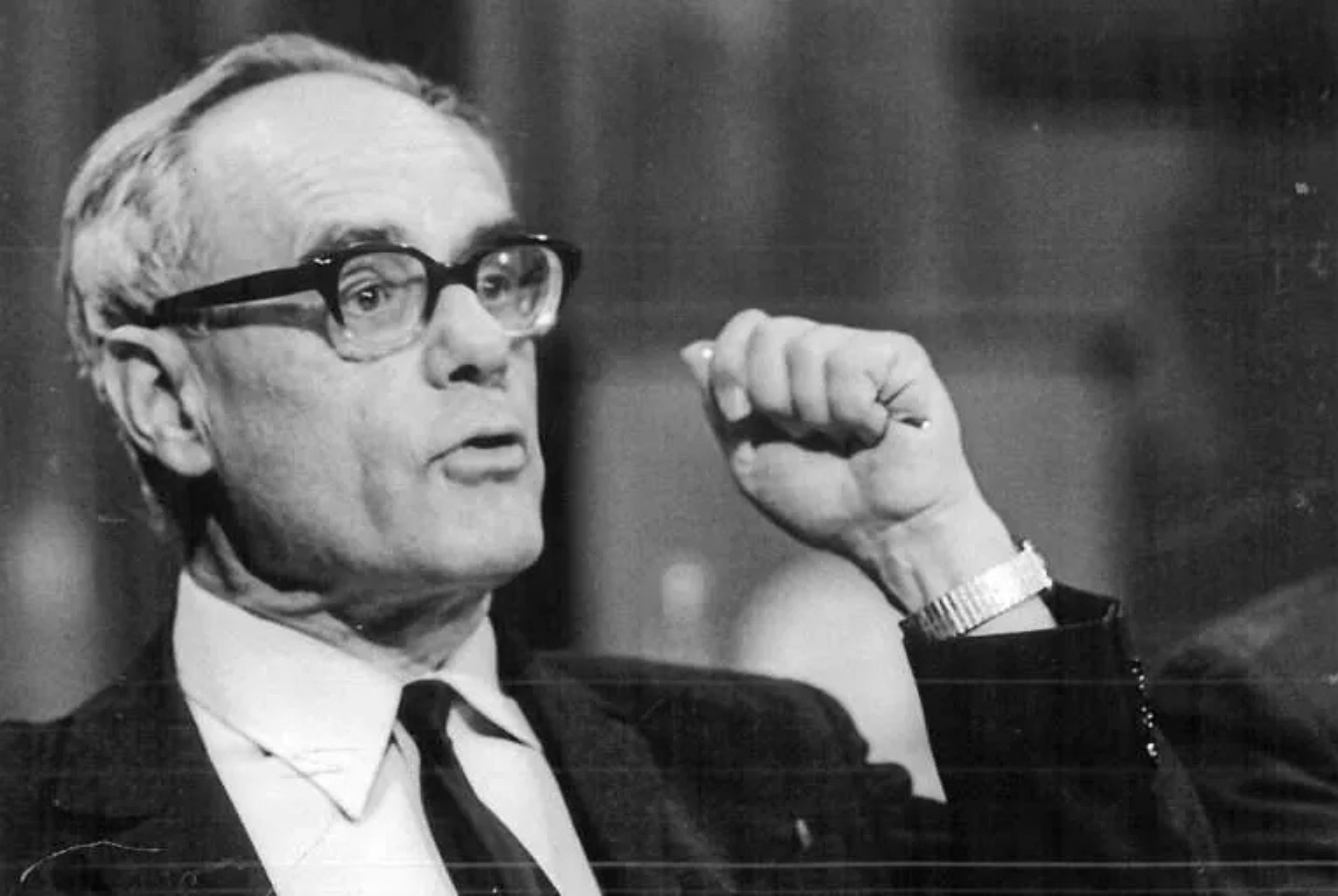Karl Rahner: the courage to face the Mystery

Among the theologians of the twentieth century, Karl Rahner is a figure both profound and decisive in the renewal of Catholic theology. His work, though less striking than that of other protagonists of the Second Vatican Council, is rooted in a spirituality capable of uniting intellectual rigor and a trusting openness to the Mystery of God.
Formed within the Society of Jesus, Rahner knew how to combine the solid scholastic tradition with the challenges of modern thought. While other theologians of his time sought precise and systematic definitions, he became the master of dialogue between faith and human experience—the “theologian of the transcendental”—able to read in the depths of the human soul the desire for God.
Origins and formation
Born in 1904 in Freiburg, Germany, into a simple Catholic family, Rahner entered the Society of Jesus at a young age. After his first studies of philosophy and theology in Jesuit colleges, he was sent to Freiburg and later to Innsbruck. There he encountered contemporary philosophy: Kant’s reflection on the limits and possibilities of reason, and Heidegger’s focus on the concrete existence of the human being.
This encounter did not lead him to reduce faith to philosophy, but to seek a language capable of speaking of Christian experience to those immersed in modernity. His theology was thus born of a constant dialogue: between Gospel and culture, between tradition and the new questions arising from the world.
The heart of his theology: God close to humanity
For Rahner, every person is, at the core, a “hearer of the Word”: a being open to the Mystery, capable of welcoming God into his or her life. Not a distant God, but the God who draws near, who communicates Himself in the depths of conscience and in the most ordinary moments of life.
From here came his most famous insight, that of the “anonymous Christian”: those who live in authentic love and upright conscience, even without explicitly knowing Christ, already participate in His salvation. This vision, without denying the uniqueness of Christ, opened the way to recognizing seeds of the Gospel in every culture and religion.
Rahner and the Second Vatican Council
Called as a theological expert to the Council, Rahner contributed to fundamental texts such as Lumen Gentium, Gaudium et Spes and Dei Verbum. In those pages, his influence can be felt: a language capable of addressing modern humanity, a Church more aware of being the People of God on a journey, and Revelation seen not only as doctrine but as a personal encounter with the living God.
A spiritual dimension
Behind the great theologian was a man of prayer, deeply rooted in Ignatian spirituality. For Rahner, prayer was not a moment apart from life, but a constant listening to God’s presence in reality. He invited Christians to look within their daily experience—joys, struggles, decisions—and discover in them traces of the Eternal.
Famous is his statement: “The Christian of the future will either be a mystic—one who has experienced something—or he will not exist at all.” In these words lies the core of his vision: faith is not reduced to rules or outward traditions, but is born from a living and personal encounter with God.
A legacy that continues to speak
Rahner did not offer easy answers: he invited us to live faith as the “courage to face the Mystery.” For him, the believer is the one who never ceases to seek, knowing that God will always remain greater than any concept or image we can form of Him.
His theological legacy continues to inspire not only scholars and pastors, but also educators and formators who wish to unite intellectual depth with pastoral sensitivity. In his vision, we find many roots of Ignatian pedagogy: attention to the concrete person, discernment, dialogue with culture, and trust in each individual’s responsible freedom.
Share
